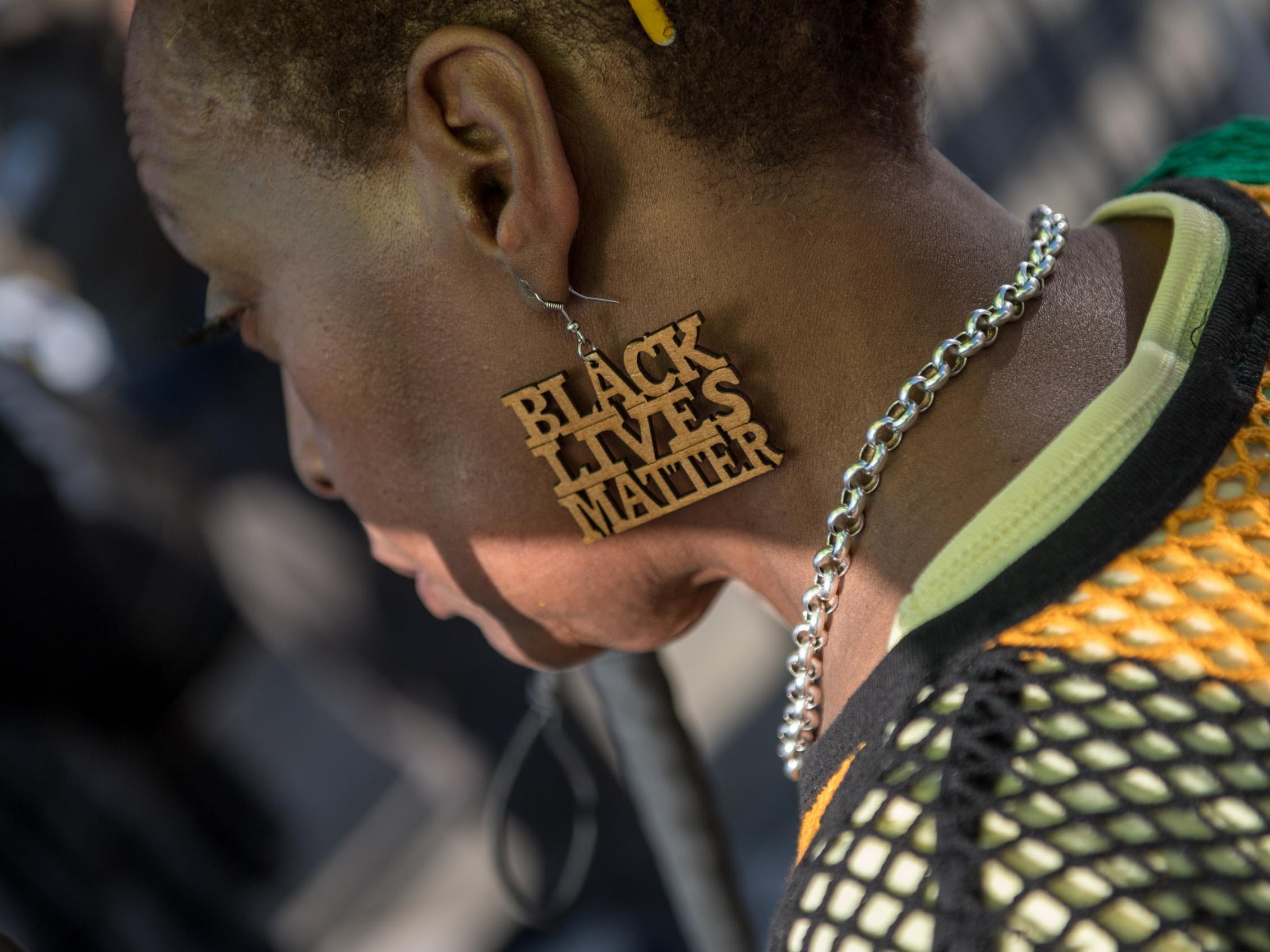The Independent's journalism is supported by our readers. When you purchase through links on our site, we may earn commission.
Black History Month 2021: When is it, how did it start and how is it commemorated?
‘If a race has no history, it has no worthwhile tradition,’ said historian Carter Godwin Woodson, whose work led to creation of Black History Month

Black History Month is an annual observance that commemorates the history and achievements of members of the black community.
In the US – where it originated in the early 20th century – the month is also known as African-American History Month.
Here is everything you need to know about Black History Month:
When is it?
Black History Month takes place every year in the UK in October.
The annual observance is also commemorated in other parts of Europe during October, including Ireland and the Netherlands.
In the US, where Black History Month originated, the awareness month is held in February.
It is also celebrated in Canada during the month of February, where it became an officially-recognised event in 1995.
How did it start?
Virginian-born Carter Godwin Woodson, a historian and co-founder of the “Association for the Study of Negro Life and History” (now the Association for the Study of African American Life and History), is credited with being the “father of black history”.
In February 1926, Woodson and his organisation launched “Negro History Week”, a precursor to Black History Month.
The group chose the second week of February for the observance to coincide with the birthdays of 16th US president Abraham Lincoln and abolitionist leader Frederick Douglass.
Woodson believed that education about black history was vital in the study of race within society, stating: “If a race has no history, it has no worthwhile tradition, it becomes a negligible factor in the thought of the world, and it stands in danger of being exterminated.”
The week grew in popularity over the years, leading to the creation of black history clubs. Mayors across the country also threw their support behind the week, advocating for it to become an official holiday.
Following more than four decades of the week, the first celebration of Black History Month in the US was held at Kent State University in 1970 from 2 January until 28 February.
In 1976, US President Gerald Ford recognised Black History Month, urging members of the public to “seize the opportunity to honour the too-often neglected accomplishments of black Americans in every area of endeavour throughout our history”.
Black History Month was first celebrated in the UK in 1987, an event that was organised by Ghanaian-born Akyaaba Addai-Sebo.
How is it commemorated?
Black History Month in the UK is commemorated with various events across the country, including talks, exhibitions and concerts.
This year’s theme is “Proud to Be”. People of all ages are being encouraged to share what they are proud to be on social media.
In London, it is being marked with a three-hour cruise along the River Thames going from Temple to Greenwich and back.
The six-mile round trip showcases the thousands of years of African and Caribbean history on display along the river. This includes a closer look at King’s College’s connection to the Caribbean and Canary Wharf’s African roots.
The tour is available until 3 October and the tickets cost £36.
Also in London, the Zari art gallery in Fitzrovia is displaying the work of Black artists for its “Honour, Remember, Inspire” exhibition, which is showing until 29 October.
The LevelUP Foundation, a small Sheffield-based youth charity, is also hosting an event called “Culture Kitchen”.
Taking place at Sheffield Hallam University on 29 October, the event invites people to come and learn how to make signature dishes from a host of different countries including Jamaica, Nigeria and Guyana.
For all the latest news on Black History Month, click here.
Join our commenting forum
Join thought-provoking conversations, follow other Independent readers and see their replies
Comments
Bookmark popover
Removed from bookmarks